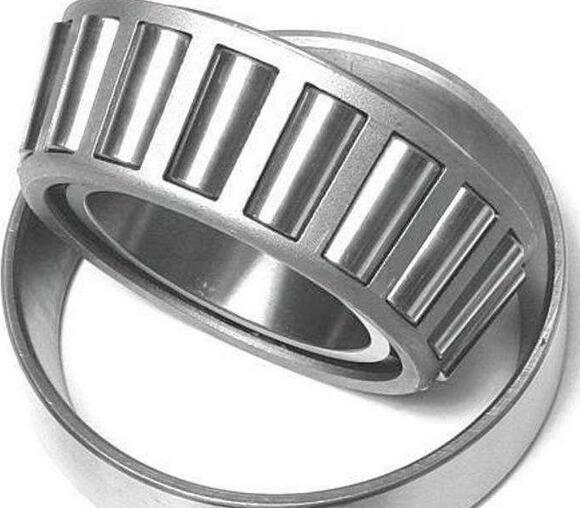It is a very common method for tapered roller bearings to recognize irregular operation by hearing. If the bearing is in good running condition, it will make a low whine sound, if it makes a sharp hissing sound, squeaking sound and other irregularities. The sound usually indicates that the bearing is in poor operating condition.
Under liquid lubrication conditions, the sliding surface is separated by the lubricating oil without direct contact, and friction loss and surface wear can be greatly reduced. The oil film also has a certain vibration absorption capacity. The sharp squeaking noise may be caused by improper lubrication. of. Inappropriate bearing clearance can also cause metallic noise. The dent on the track of the outer ring of the tapered roller bearing will cause vibration and cause a smooth and crisp sound. If it is caused by knocking scars during installation, it will also produce noise. This noise will vary with the speed of the bearing.
If there is intermittent noise, it means that the rolling elements may be damaged. This sound of tapered roller SKF bearings occurs when the damaged surface is rolled over. If there are pollutants in the bearing, it will often cause a hissing sound. Serious bearing damage will Produce irregular and loud noise. Bearing damage can be detected by hearing, but usually the bearing must be replaced immediately when it has arrived. Therefore, a better method is to use, for example, electronic condition monitoring equipment to diagnose the running condition of the bearing in advance.






